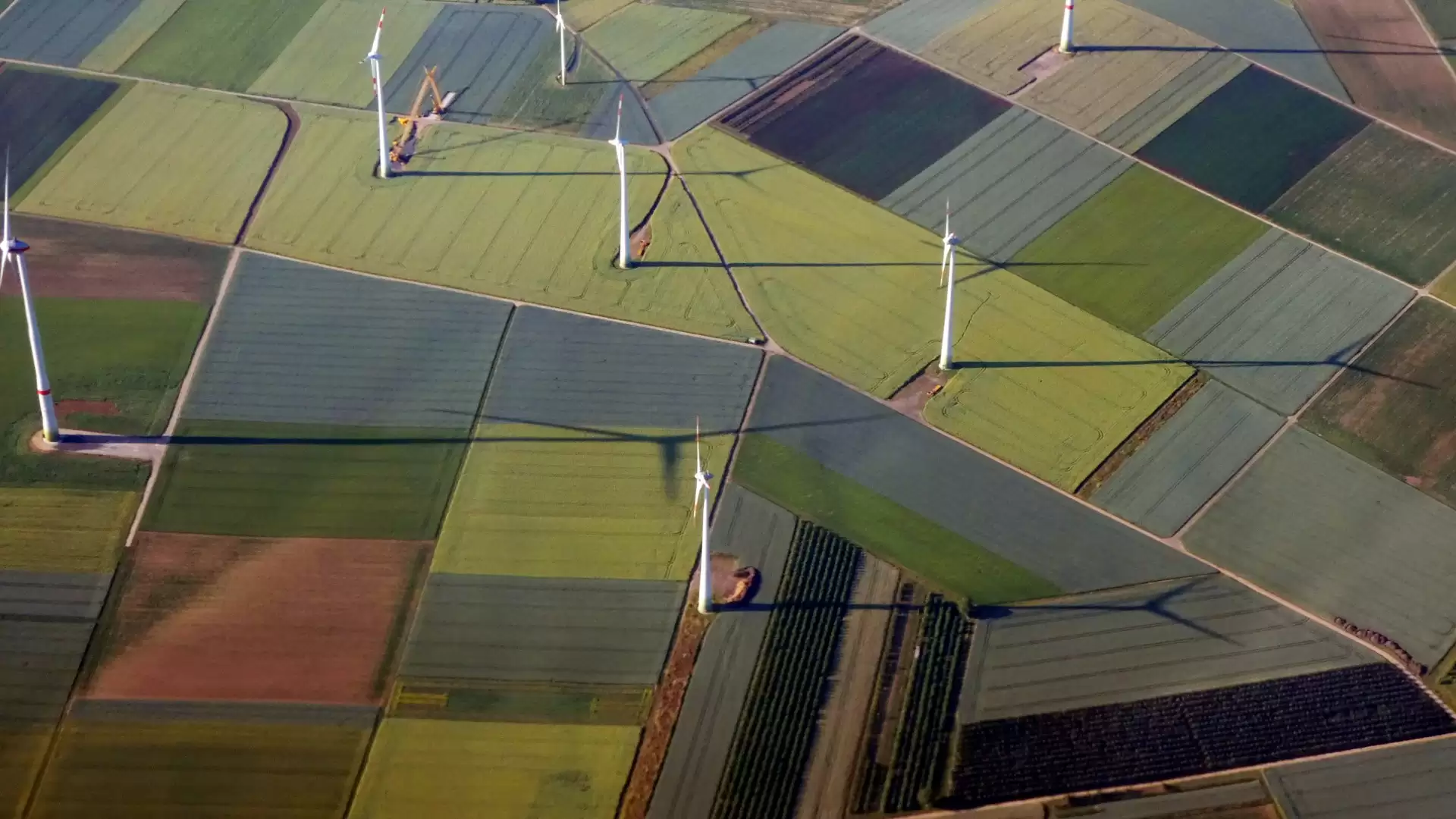Introduction
Carbon markets have emerged as a cornerstone in the global fight against climate change, providing a mechanism to reduce greenhouse gas emissions while fostering innovation and sustainable growth. As governments, corporations, and individuals increasingly commit to achieving net-zero emissions, the future of carbon markets is poised for significant evolution. This article explores the trends shaping these markets, the opportunities they present, and the challenges that lie ahead.
Key Trends Shaping the Future of Carbon Markets
1. Increased Corporate Commitments to Net-Zero Goals
The private sector is playing a pivotal role in driving demand for carbon credits. Multinational corporations are setting ambitious net-zero or carbon neutrality targets. Companies such as Amazon, Microsoft, and Unilever have committed to reducing their carbon footprints while investing in high-quality carbon credits to offset unavoidable emissions.
This trend is expected to grow, with more companies aligning their operations with the Science-Based Targets initiative (SBTi) and other climate frameworks.
2. Rising Demand for Nature-Based Solutions
Nature-based solutions, such as afforestation, reforestation, and wetland restoration, are gaining popularity in carbon markets. These projects not only sequester carbon but also provide biodiversity and community co-benefits, making them highly attractive to buyers seeking to enhance their ESG credentials.
3. Technological Advancements in Carbon Removal
Innovation is reshaping the landscape of carbon markets. Technologies like direct air capture (DAC), enhanced weathering, and bioenergy with carbon capture and storage (BECCS) are gaining traction. These solutions promise scalable and permanent carbon removal, addressing criticisms of traditional offset projects.
4. Emerging Carbon Markets in Developing Economies
Countries in Asia, Africa, and Latin America are increasingly participating in carbon markets, both as suppliers of credits and as regulators of new compliance systems. For example, Vietnam, with its robust renewable energy sector, has become a key player in issuing I-RECs (International Renewable Energy Certificates) and other credits.
5. Integration with Digital and Blockchain Technology
Blockchain technology is enhancing transparency and traceability in carbon markets. Platforms leveraging blockchain ensure that credits are not double-counted and provide real-time verification of projects. This increases buyer confidence and encourages more participation in carbon markets.

Opportunities in Carbon Markets
1. Scaling Carbon Removal Technologies
As the need for negative emissions grows, there is a significant opportunity to scale carbon removal technologies. Governments and private investors are channeling funds into research and development to make these solutions more cost-effective.
2. Market Expansion in Asia and Africa
Developing countries with abundant natural resources and renewable energy potential are poised to become major players in carbon markets. Governments in these regions are creating favorable policies to attract investments in offset projects.
3. Improved Policy Frameworks
The Paris Agreement’s Article 6, which governs international carbon markets, is expected to streamline cross-border trading of carbon credits. Improved regulatory clarity will likely attract more participants and boost market liquidity.
4. Corporate ESG Initiatives
With investors and consumers demanding more accountability, companies are incorporating carbon credits into their ESG strategies. This trend presents an opportunity for businesses involved in the development, verification, and trading of carbon offsets.
5. Co-Benefits of Nature-Based Projects
Projects that offer co-benefits, such as improving local livelihoods or enhancing biodiversity, are increasingly sought after. This creates a competitive edge for developers who prioritize holistic sustainability.
Challenges Facing the Future of Carbon Markets
1. Ensuring Credibility and Integrity
Critics argue that some carbon credits lack real impact, with issues such as double-counting, overestimated baselines, or non-additionality undermining credibility. Strengthening verification standards and ensuring project integrity are essential to building trust in the market.
2. High Prices and Limited Supply
The growing demand for high-quality carbon credits has led to price volatility. In compliance markets, the cost of allowances is rising due to tighter caps, while in voluntary markets, high-quality credits with co-benefits often come at a premium.
3. Regulatory Uncertainty
Inconsistent regulations across countries and regions create barriers to scaling carbon markets. For instance, differences in how carbon credits are treated under national policies can complicate cross-border trading.
4. Equity Concerns
Critics argue that carbon markets may disproportionately benefit wealthier nations and corporations, while marginalized communities bear the brunt of climate impacts. Ensuring equitable distribution of benefits from carbon projects is crucial.
5. Greenwashing Risks
Some companies may use carbon credits to mask inadequate efforts to reduce emissions internally, leading to accusations of greenwashing. Transparency and alignment with credible standards are key to addressing this issue.
The Role of Policy and Collaboration
Governments, international organizations, and private stakeholders must collaborate to address these challenges and unlock the full potential of carbon markets. Key policy interventions include:
- Enhancing Verification Standards: Establishing universally accepted standards for carbon credits will improve market integrity.
- Incentivizing Innovation: Financial support for R&D in carbon removal technologies can drive down costs and accelerate adoption.
- Harmonizing Regulations: Cross-border cooperation under frameworks like Article 6 can create a unified global carbon market.
- Promoting Equity: Policies that ensure fair revenue distribution and community involvement in projects can address equity concerns.
The Path Forward
The future of carbon markets lies in their ability to scale while maintaining integrity and addressing stakeholder concerns. As demand for carbon credits grows, these markets will play an increasingly important role in achieving global climate goals. By prioritizing transparency, innovation, and inclusivity, carbon markets can become a powerful tool for a sustainable future.
About GreenUP
Pioneering the Green Transition with Expertise and Innovation. With over 10 million I-RECs issued since 2019, we are Vietnam’s leaders in renewable energy certification. Our comprehensive suite of services, positions us uniquely as a one-stop solution for all your green and ESG needs. Experience unparalleled market access, competitive pricing, and strategic partnerships that drive not only cost savings but also significant value to your sustainability goals.







